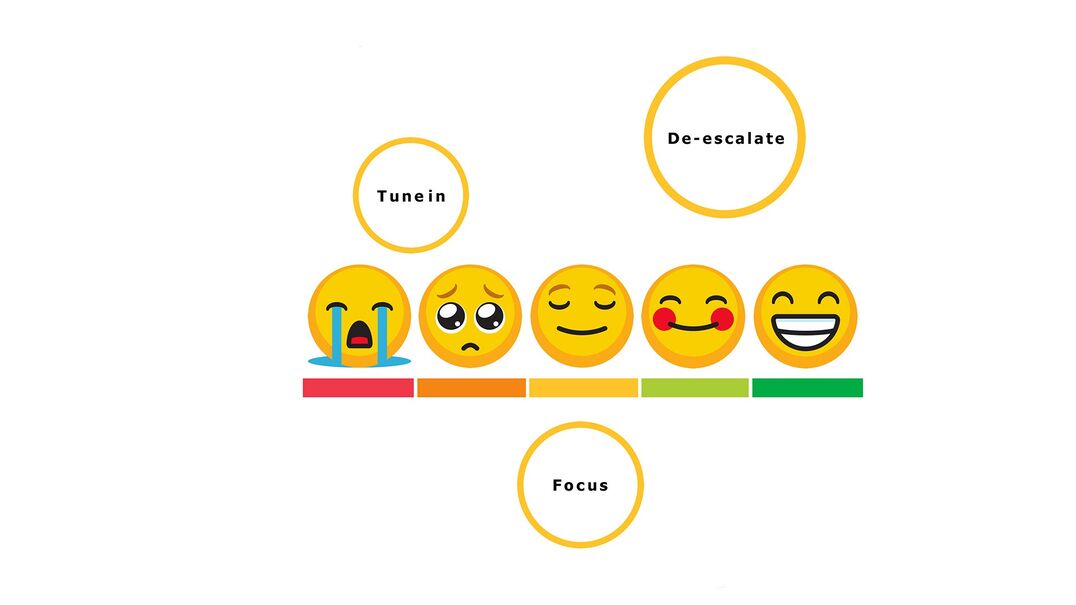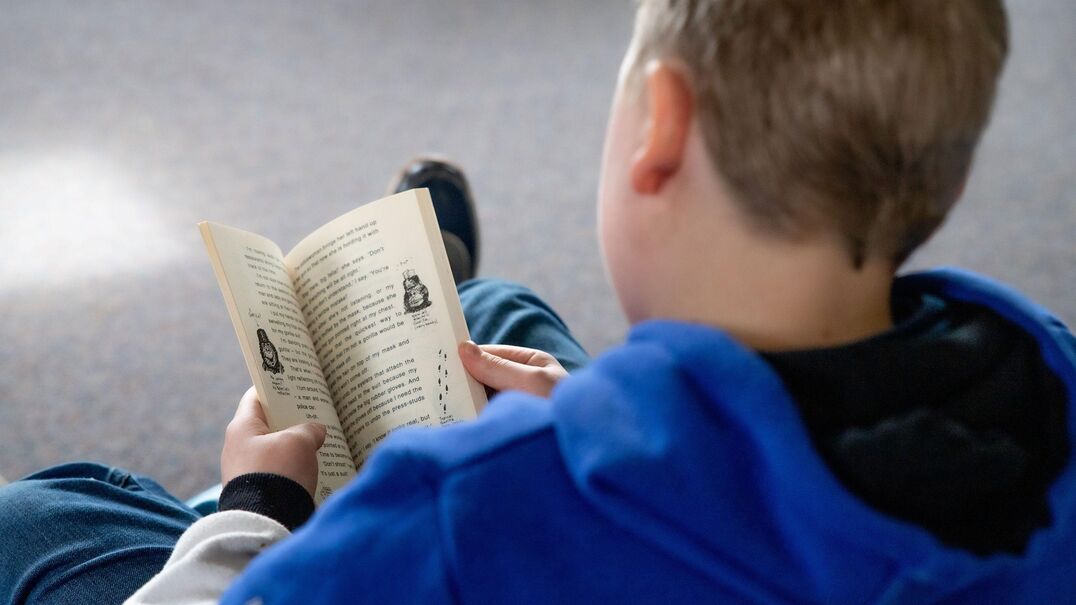Located south of Adelaide, Christie Downs Primary School is an inclusive site of 280 students. Christie Downs Primary School seeks to provide a supportive and nurturing environment in which students are able to learn, play and grow together for a successful future. The school’s values embody personal responsibility, respectful relationships and teamwork.
In this interview, Gail Evans, Principal of Christie Downs, reflects on what makes a compassionate educator and how schools can create a culture of self-development, acceptance and constant learning.
Jack Greig: Can you tell us about your education philosophy?
Gail Evans: I’m a great believer in whole child philosophy. I believe that if educators consider the whole child – body, heart, mind and soul – they will meet a child on the edge of their own uniqueness and be able to take the next right step. I think that’s where the Berry Street Education Model (BSEM) hits the mark for me. It gives children self-development tools from a young age.
JG: How do you know when your education philosophy is working?
GE: We’re an inclusive site. We have 80 students with varied disabilities, right through to severe and multiple. Lots of our students have experienced trauma and many are on the autism spectrum. We also have 207 students in our mainstream. The cultural mindset of my staff is that the children are capable and competent and they are learning all the time. This approach is very important because the way you view a child can box them in and limit their capabilities. I need my staff to be creative and open minded about children, and to have great hope for them. I need them to have strategies and tools that will help children either learn how to manage themselves or be creative with how they engage them in learning. I work very hard on building the school culture, and staff are chosen quite specifically based on their view of children and the whole child philosophy.
I believe teaching skills can be taught and the essence of a human being comes through in how they talk to children. Everyone needs time to unfold; this is why staff are given time and support to progress. If they can meet a child, speak calmly and connect with them, then you’re halfway there with a complex school like ours. We want all children in our school to start on positive ground and feel accepted for who they are.
All children can come to understand themselves better through education and the earlier we start, the better.
JG: Are these skills and capacities present in the education system or is it something we still need to develop?
GE: No, they’re not, I think that’s something we really need to develop. I think we need a self-awareness program for educators to understand the power they hold. The teacher sets what’s acceptable in a classroom through what they control and what they’re willing to let go of. It’s only through self-development work that they come to understand that what happens in the classroom is in part a reflection of themselves.
It doesn’t matter what type of school you are teaching in; all children can come to understand themselves better through education and the earlier we start, the better. The hidden curriculum at Christie Downs is empathy and compassion. It can be challenging to explicitly teach those values, but because all the adults in this school model them, the children end up becoming and living it.
Compared to other complex educational settings in South Australia, our bullying data is very low because difference is celebrated, and children experience acceptance. We do get things wrong sometimes, but as long as we regularly reflect on our practice and show students that we are learning from our mistakes, then we can be confident that we are teaching them skills for life.
JG: How have you connected interoception and Berry Street Education Model implementation at your school?
GE: An example of developing interoception at our school is helping a student on the autism spectrum to understand that on a 36-degree day their body doesn’t need them to be wearing a jumper. It’s helping kids who wet themselves listen to the messages their bladder is sending them. It’s identifying and understanding those big emotions that might make them sad or upset. The Interoception program helps students learn to listen to the subtle changes in their bodies and moods. We explicitly teach this capacity to help kids to cope better with overwhelming sensations or feelings.
We have woven Interoception, Occupational Therapy and BSEM together to support students. All teachers are expected to implement BSEM in their classrooms and students can be referred to the Interoception program, which is hosted in a ‘calm space’ that has been purpose built in the school. Teachers will then be coached in the right strategies to meet the needs of individual children, which are identified through assessments in the Interoception program. It’s a personalised, case managed link between the Interoception program and the classroom teacher. The child knows that they can use the same coping skills in both the calm space and the classroom, which allows them to go between the two.
The program came out of the realisation that some of our students need an individualised approach to meet their additional sensory needs and that this approach could complement BSEM for complex cases. The number of behaviour incident reports has dropped dramatically since we began this approach.
The hidden curriculum at Christie Downs is empathy and compassion. It can be challenging to explicitly teach those values, but because all the adults in this school model them, the children end up becoming and living it.
JG: What message would you like to pass on to educators, particularly early career teachers?
GE: I can only really speak from my own journey. Forming a greater understanding of myself as a leader has helped me to create a powerful culture at Christie Downs where we can meet students at the edge of their own uniqueness and help them take the next right step. I learned to use a more creative approach to education. The poet, David Whyte, shares how we can all become a half-shade braver regarding our communication and leadership – I believe that is needed now more than ever before. Today many are ill-prepared for the complexity of the classroom. It takes courage for educators to take themselves on, to understand themselves and their effect on children.
JG: Thank you, Gail.
This article is the third in BSEM’s Stories of Impact series.

Jack Greig
Master of Public Policy | Master of Teaching | Bachelor of Arts



